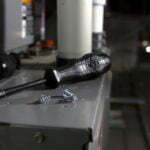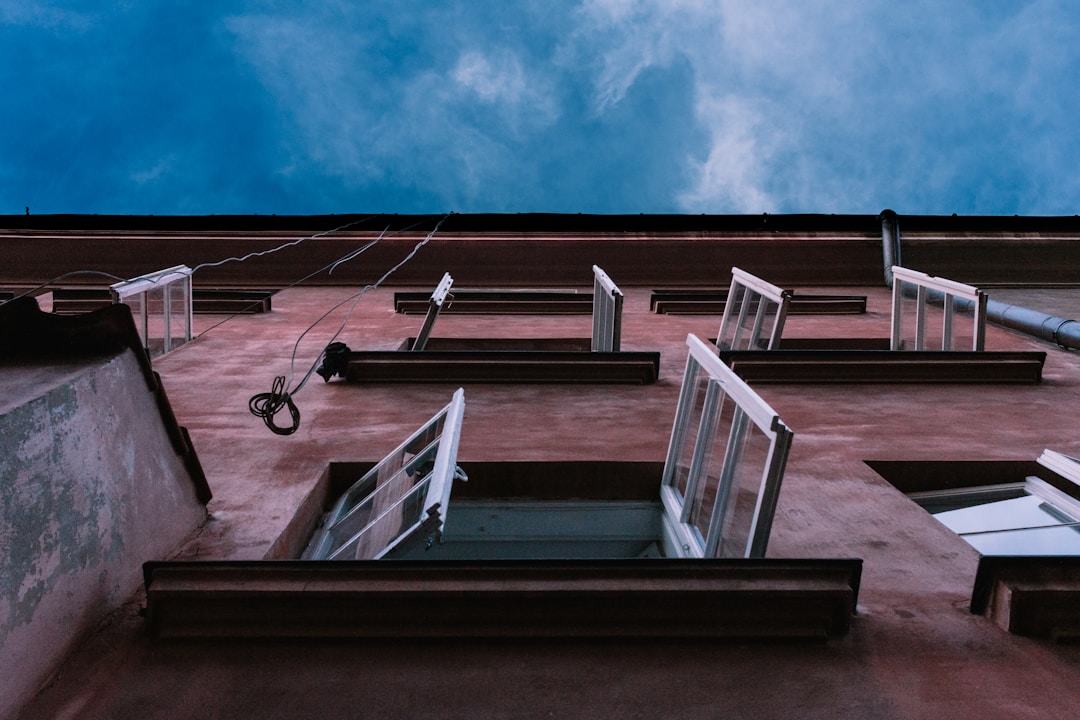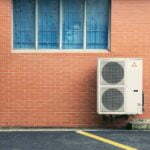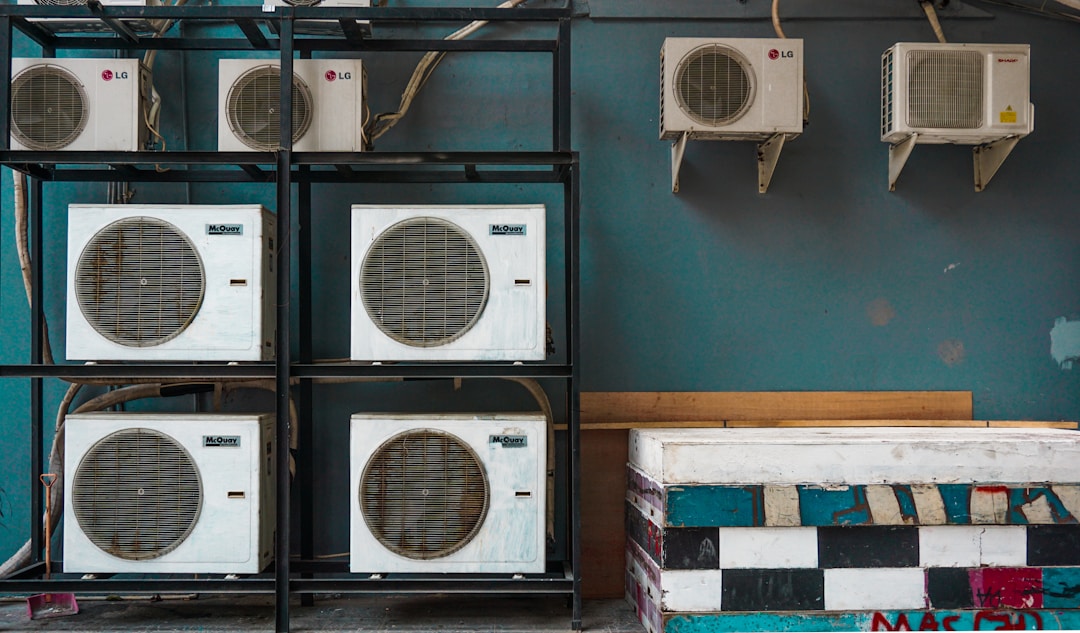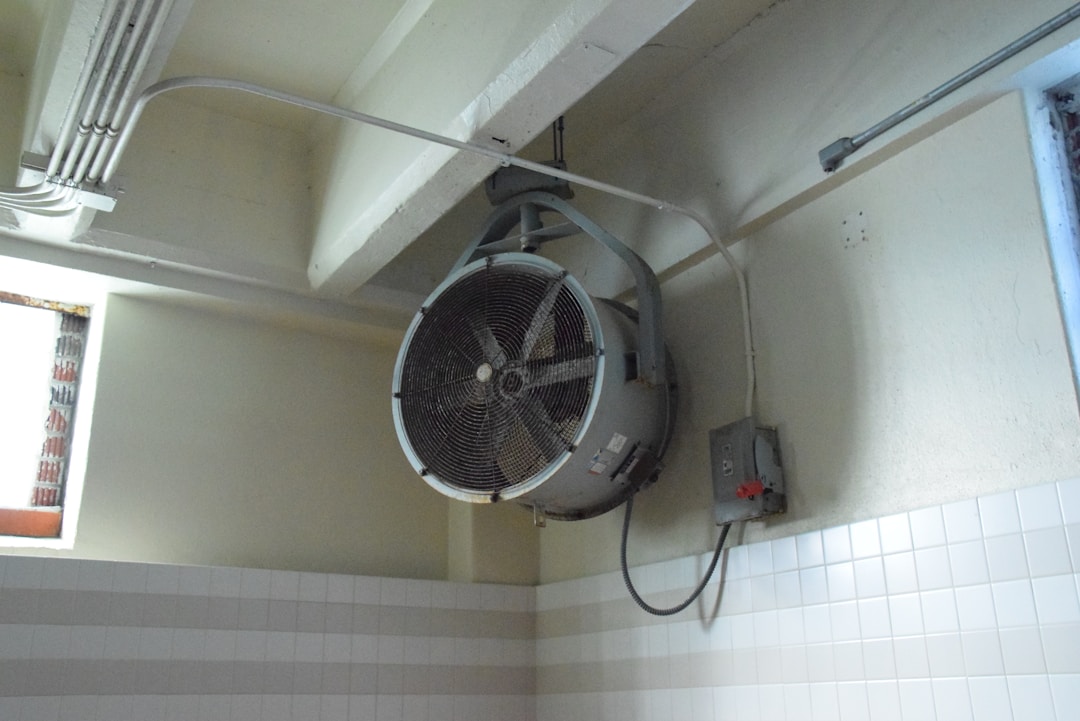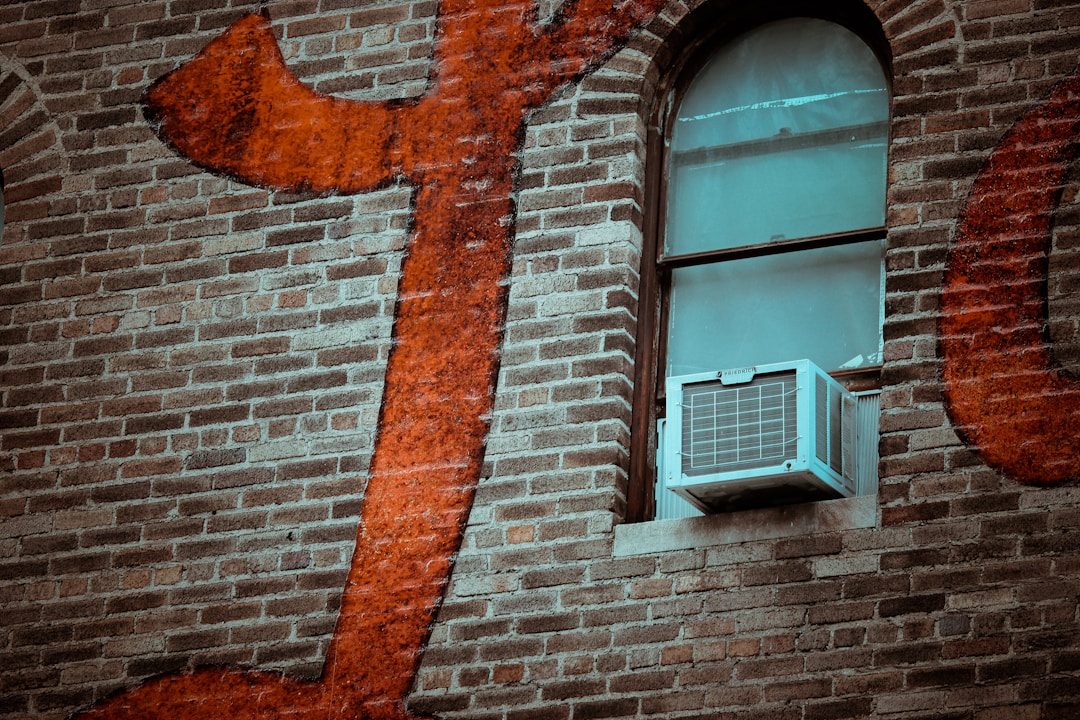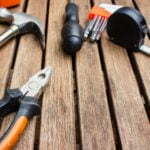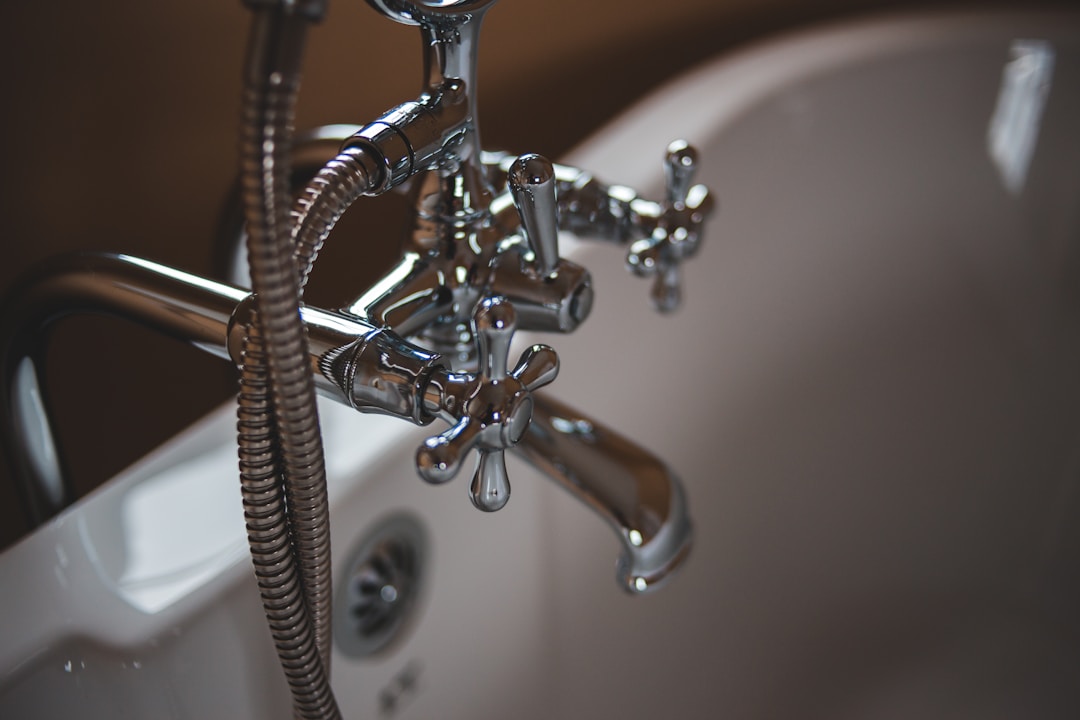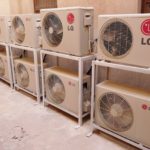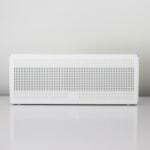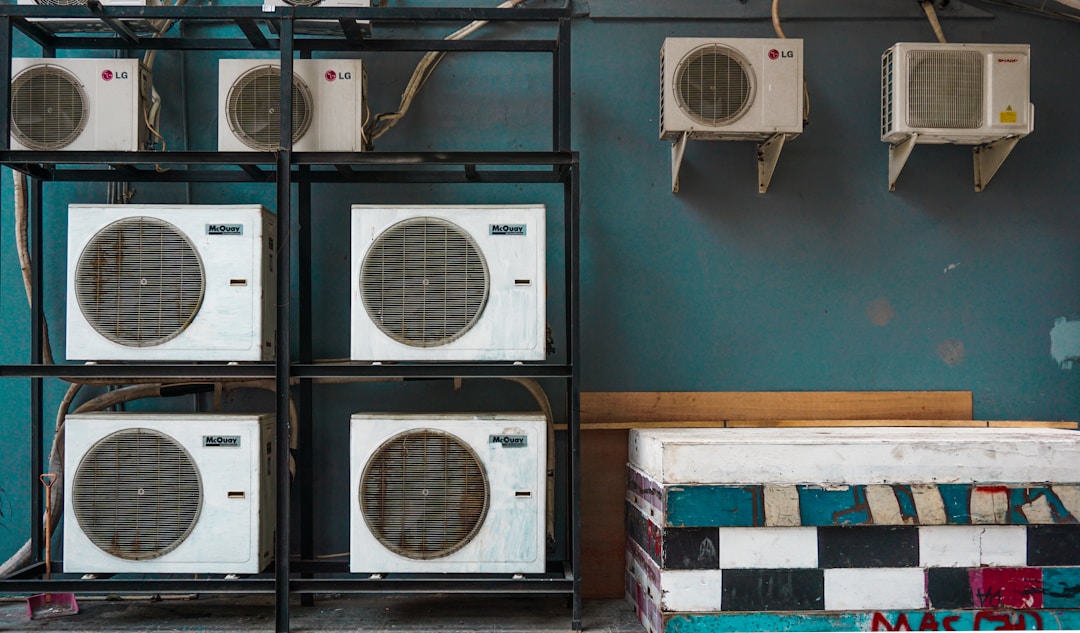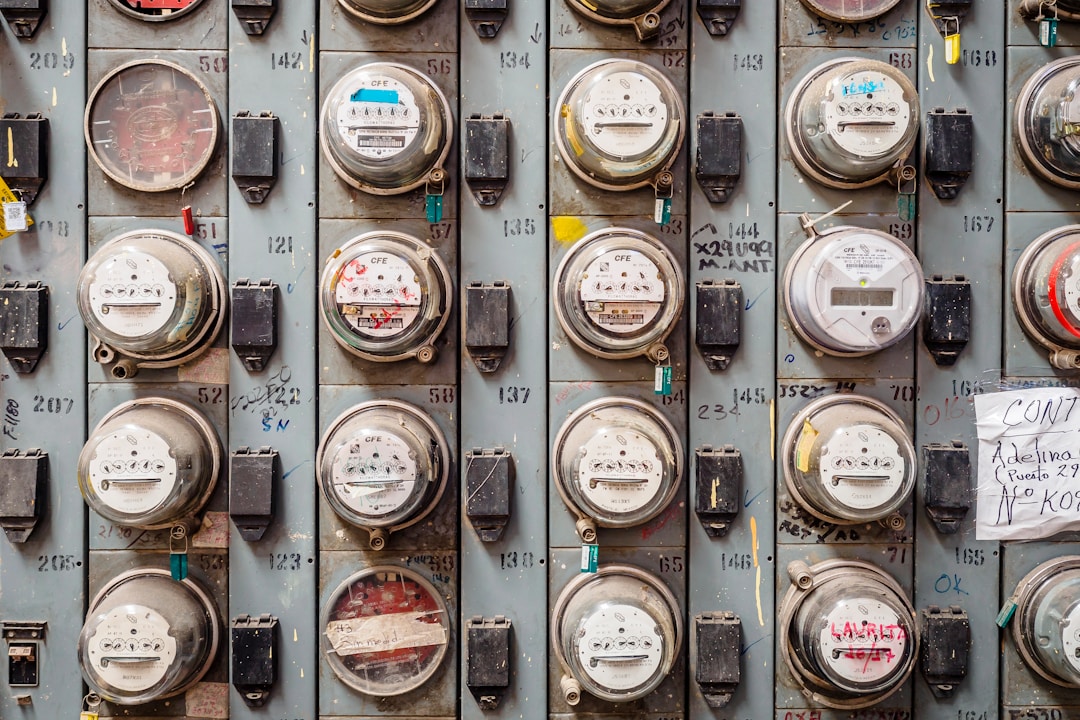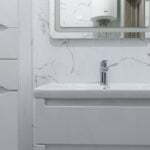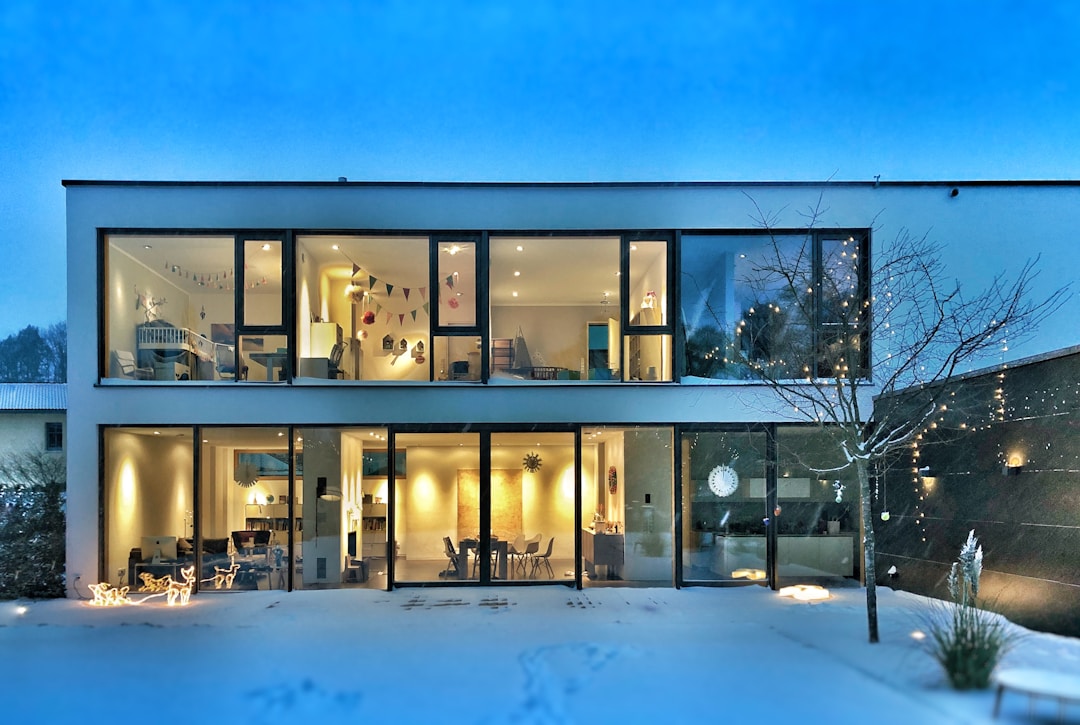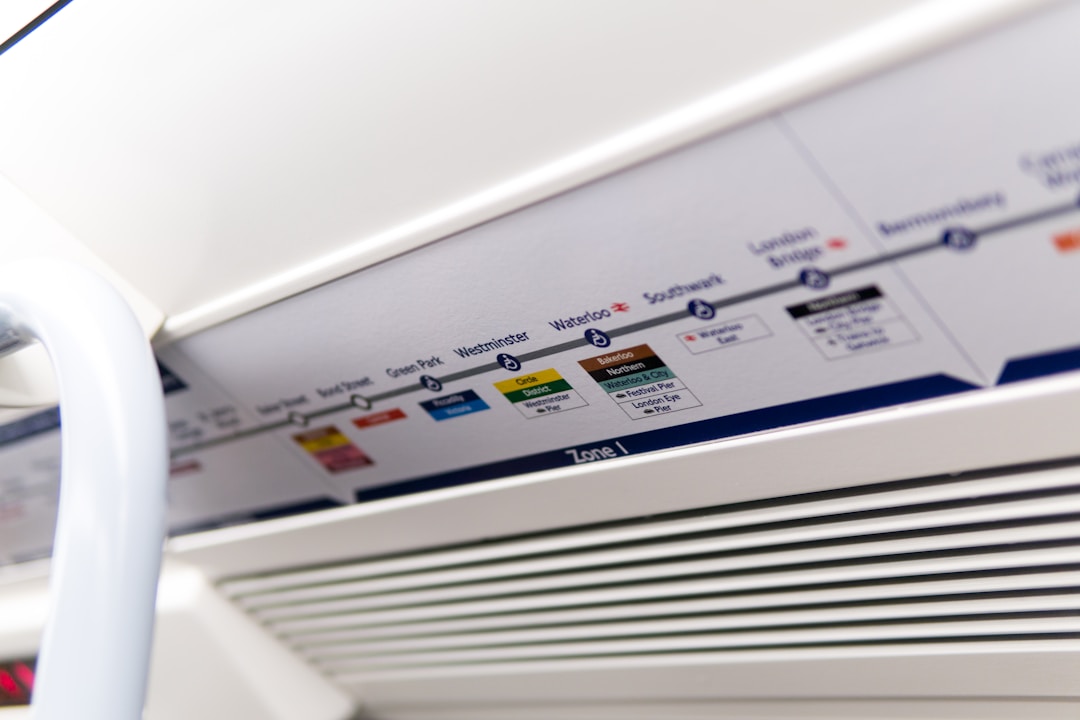The quality of your indoor air has a big impact on your health. Indoor air is full of pollutants, contaminants, allergens, microorganisms, gases, and indoor ozone (O3). There are also bio-contaminants such as bacteria and viruses that live on most surfaces and can easily be breathed into your respiratory system. Ultraviolet light air purification addresses the infectious microorganisms and viruses that can be spread through the air. Ultraviolet light disinfection has been used in the medical field for years to prevent drug-resistant bacteria from spreading hospital-acquired infections.
How does UV lighting purify the air?

The UV lighting in a UV air purifier works to disinfect potentially infectious bacteria and viral material from flowing through the filter. UV light works by destroying bacteria and viral matter DNA, much the same way damaging UV rays from the sun can damage skin cells and cause skin cancer.
UV radiation makes it so that bacteria can’t reproduce, which prevents them from growing and forming colonies in your body that can lead to infectious diseases. Radiation inactivates the DNA and RNA material in viruses so that they can’t attack organic cells.
Most residential air purifiers don’t use UV lamps, but it’s a good idea for homeowners in humid environments. A professional HVAC technician that specializes in indoor air quality services can assess your indoor pollution sources and recommend the most effective way to mitigate air quality issues. Trustworthy professionals have years of experience installing UV light technology that’s ozone-free and results in the reduction of airborne pathogens, bacteria, and viruses. The best companies offer installation, repair, and service of commercial and residential HVAC and plumbing systems. Professional technicians can design custom cooling systems that match your specific needs to ensure your system runs efficiently and reliably.
There are different types of UV light.

There are different types of UV light and UV sources, but only some are used in UV lamps and purifiers. The three main forms of UV light can be distinguished by their wavelengths and effects on organic matter. UV-A has the longest wavelength and light particles that vibrate faster than those in visible light. UV-A rays come from the sun and are the most likely type to penetrate human skin and cause skin cancer with long-term exposure.
UVB has shorter wavelengths than UV-A, but their light particles vibrate even faster, making them more damaging to DNA. This UV source typically can’t pass through the atmosphere, but those rays that do are linked with skin cancer. UV-C light has the shortest wavelengths and is the kind of UV light used in UV air purifiers. These UV rays transmit the most vibrational energy, giving them high efficiency in killing bacteria and viruses.
How does UV light technology work?

UV light doesn’t neutralize airborne pathogens or surface contaminants instantly. It takes sufficient exposure time and energy for UV light to destroy viruses and bacteria. Different pathogens and contaminants require different exposure times to be effectively destroyed by UV radiation. The efficacy of UV light depends on the exposure time and wavelength range. It can take anywhere from 6.6 seconds to effectively destroy the influenza virus to 60 seconds to effectively destroy SARS-CoV-2 (COVID-19 coronavirus).
UV lights effectively kill mold and bacteria, but they don’t have any impact on dust, pet dander, or other allergens. UV lamps are typically installed near the coils of the HVAC unit to prevent mold and bacteria from growing. UV radiation kills growths in the air as the air passes through the coils and filter.
Ultraviolet lamps effectively kill airborne pathogens, bacteria, and viruses in the air before passing through the air filter.


